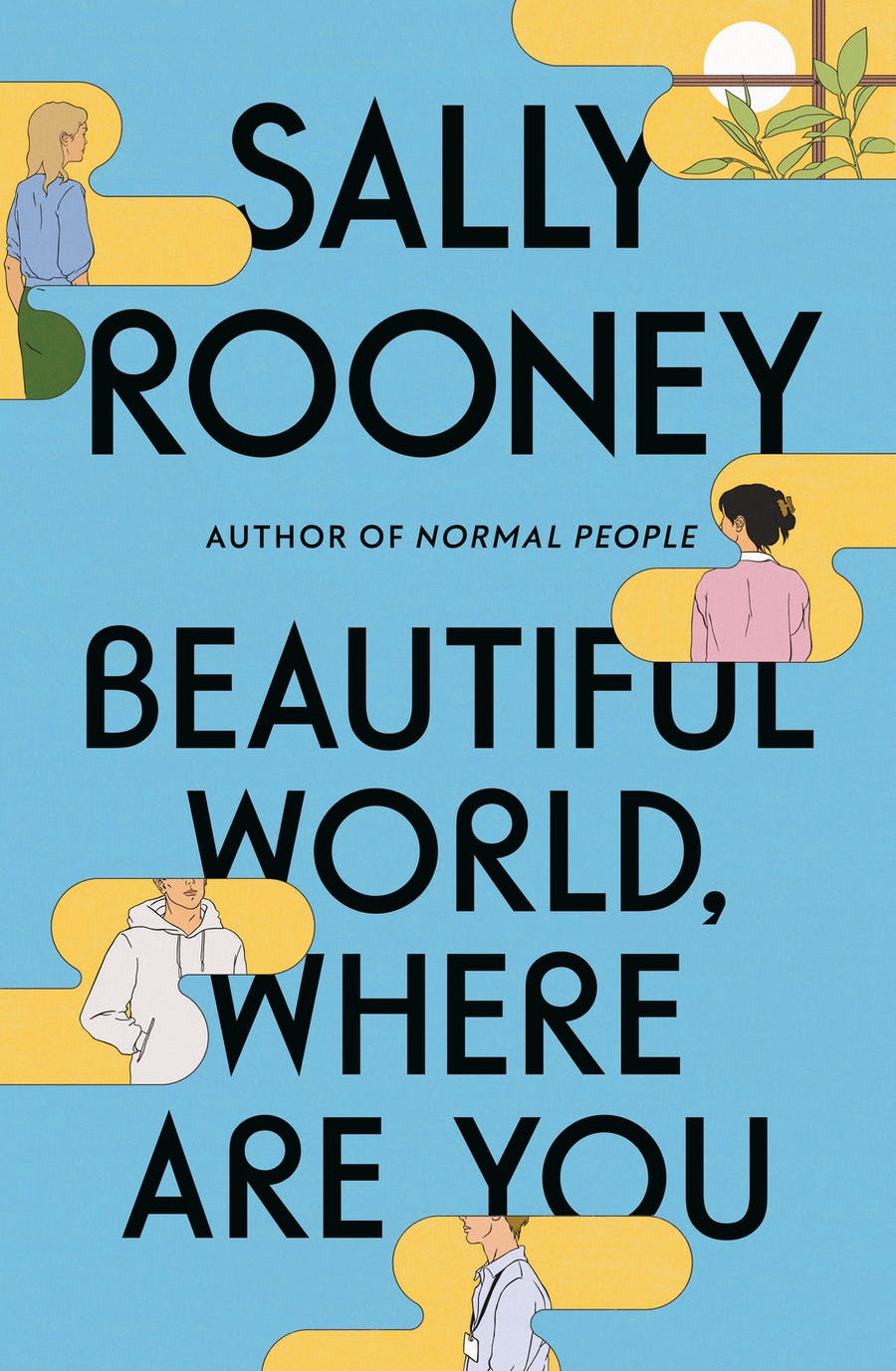4thace reviewed Beautiful World, Where Are You by Sally Rooney
Not action-packed, but emotional
4 stars
This novel is set in present-day Ireland but it feels as though it was an updated version of a novel from the turn of the twentieth century by the likes of Tolstoy, Joyce, or Dostoyevsky. All of these get mentioned at some point during the story, which I think must be a kind of clue from the author. Of course, many of the social norms from those times are just the opposite now, but the concerns of a young person looking for identity and fellowship among others of their kind are much the same. The disapproval of the Church and of the state are not as heavy as they once were but this does not mean they are irrelevant. There is more openness now to ask what is a good way to organize one's life beyond career advancement and social climbing, but the gap between those struggling and those living in comfort is even wider than before. Nothing sensational happens to the two couples in this book, much less than in the author's other book Conversations with Friends, but there are things moving beneath the surface which the characters alternately find baffling and comprehensible.
About half of the story is told in emails between the friends Alice and Eileen, composed in hyperliterate form with a struggle toward self-awareness, which roughly alternate with the sections presented as narrative. This features a technique that happened in novels from the nineteenth century. Irony is sometimes present when a letter writer puts forward some view or a detail about a character's action is brought forward. In a way, the criticism that nothing really happens in the novel is somewhat valid.
I think the author is generally after something different from action. In particular there a couple of places in the novel where I was reminded strongly of James Joyce. One of them was the scene set in a Catholic Mass which reminded me so much of the sermon scene in A Portrait of the Artist as a Young Man. It's kind of a turnabout of that scene in that the character who is outside the church tries to make sense of what was happening during the Mass and decides that if it was just so bizarre and and too hard to accept. There's also one scene where people are showing singing traditional Irish songs at a house party similar to the many instances in Ulysses where song is an important motif. The author did take some pains to depict the one working class character who has not had higher education as a three dimensional person with flaws, not as a stereotype of an uneducated and uncaring sort of person. The character has these insights that none of the others seem to have about psychology, philosophy, and sociology. He also expresses political views which are nuanced, while still thoroughly pragmatic, in a rather well articulated fashion.
I'd say that while a lot of the book was about relationships maybe thirty percent of it had to do with just the modern affliction of finding too little meaning in one's own life which makes it impossible for them to attain happiness. It has more to do with the individual, not as much to do with the relationships the character has.
In each of the two couples there is one affluent member and one who is struggling. This reminds me of some nineteenth century and early twentieth century novels where people of very different stations attempt to link up together. Here the author plays around with ideas of power and of feeling. On the one hand the pairs are so badly matched and yet on the other hand they profess to consider such cultural differences as unimportant, so you're not sure whether to sympathize with them or whether to discount what they what they say and what they do. He also does her best to cast doubt on whether the relationships will last but through it all I still found myself thinking that these people could just put aside some of their stubbornness they'd be a lot happier together.
There's a theme of psychological health and illness in there also with the character Alice having been institutionalized for a while with depressive tendencies. The diagnosis is one of excessive stress and there's an interesting passage in one of the letters where one of the characters compares the clinical therapy to this to that of illegal drug use, where in both cases the only therapy is to avoid the thing that is hurting you.
The audiobook narration was delightful as was the previous volume I listened to. I think the Irishness of the characters really comes forth in a way that I would sort of tend to miss if reading this book on the printed page only. There's a certain kind of mix between delicacy and bluntness in the way people express themselves in the book so I don't know is completely realistic but it's certainly interesting to experience as a reading.

